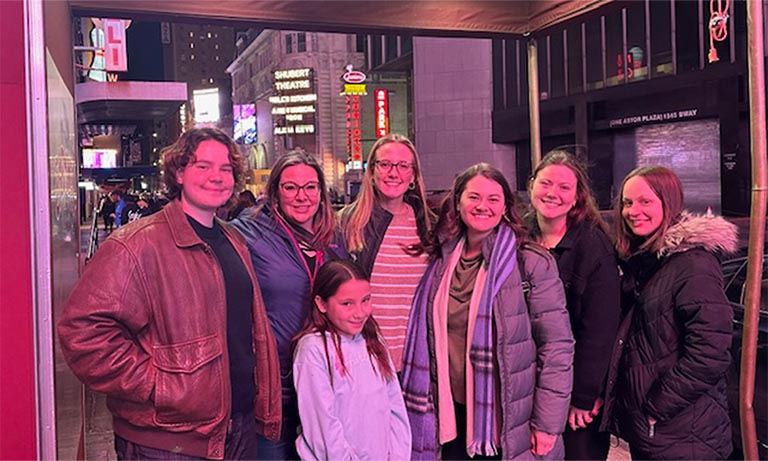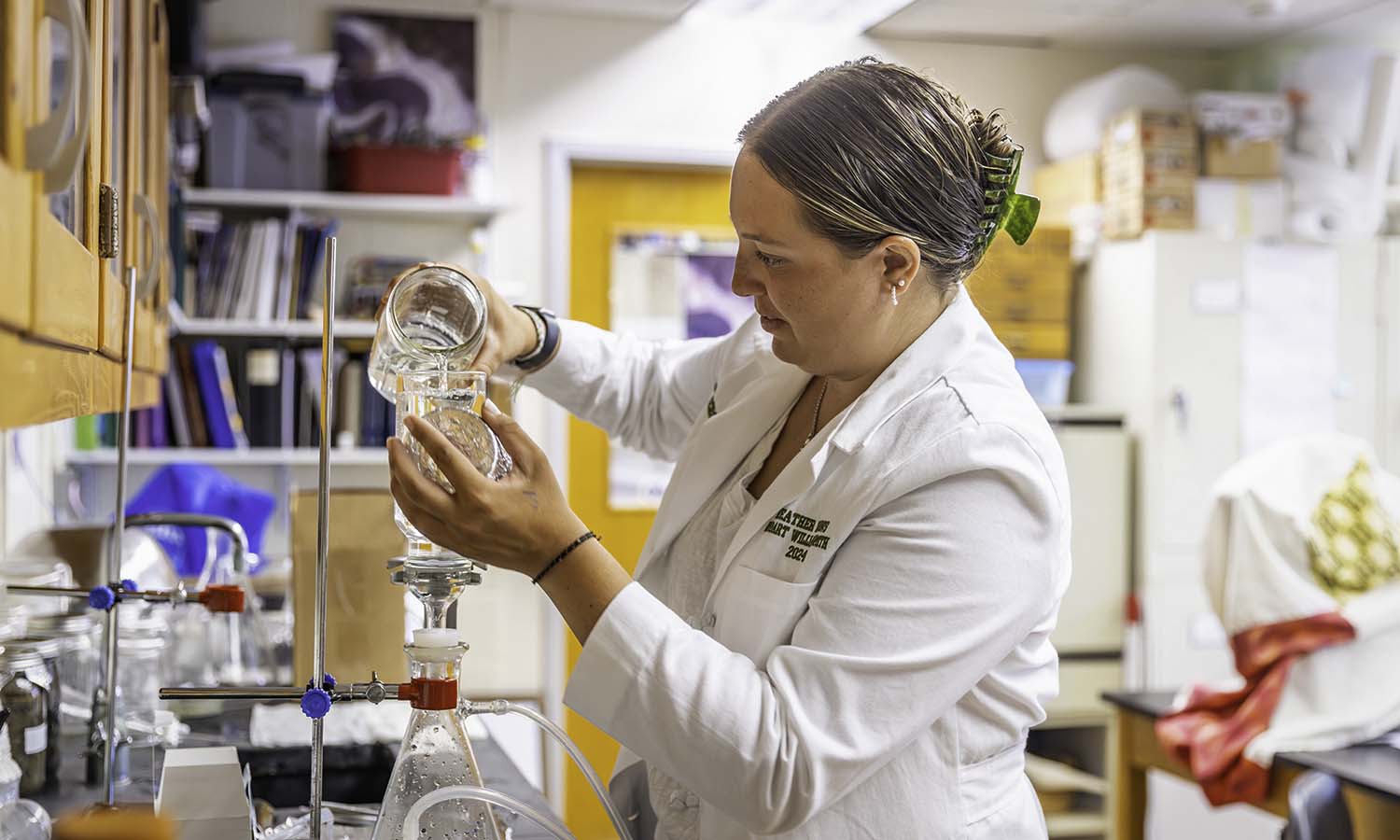
HWS News
12 June 2024 • Research An Interdisciplinary Look at Modern Southeast Asia
Professor of History and Asian Studies Lisa Yoshikawa and Assistant Professor of Media & Society Jiangtao Harry Gu ’13 have been selected through a national competition to participate in a Henry Luce Foundation funded summer institute in Hawai’i exploring Southeast Asia and ways to enrich the HWS curriculum.
Terrestrial and marine Southeast Asia is one of the most biodiverse regions of the world. It also encompasses immense linguistic, ethnic and religious diversities. During the late 19th and early 20th centuries, it became a battleground of New Imperialist powers, each vying for control and power. Their imperial legacies have left an indelible mark on the region, influencing its present and future.
At the East-West Center in Honolulu, Assistant Professor of Media & Society Jiangtao Harry Gu ’13 and Professor of History and Asian Studies Lisa Yoshikawa have joined colleagues around the nation for a summer institute, “Modern Southeast Asia: Colonial Legacies, Lasting Diversities.”
The institute explores the history, literature and art of Southeast Asia, as well as the social, economic, political and cultural transformations of the 20th and 21st centuries. It offers “pedagogically useful insights into Southeast Asian responses to external forces, highlighting the striking persistence and transformative force of local traditions that inform the region’s complex contemporary social and political identities,” according to the program’s itinerary.
The institute is part of an initiative funded by the Henry Luce Foundation to enhance undergraduate Chinese and Southeast Asian Studies, especially at institutions that serve Black, Hispanic, Asian American and Pacific Islander communities. In the past five years, more than 60 percent of Asian Studies graduates have identified as being part of such groups historically minoritized in U.S. higher education.
Alongside the other participants, Gu and Yoshikawa are developing course modules to integrate ideas from the institute into their coursework.
Gu’s work explores Asian and Asian diasporic visual culture. He says that while scholarship in English tend to focus on Asian immigrants in the West, “regional diaspora is a salient phenomenon in Southeast Asia” and he hopes to learn more about those communities, such as Filipino and Indonesian domestic workers in Hong Kong, the Chinese minority in Indonesia or Vietnamese diaspora across the region.
“Asian studies scholarship used to be limited to nation-states and national cultures. But the history of intercultural exchange, colonialism and global capitalism means that we must find new ways to study the area across national borders,” Gu says.
Citing Taiwanese scholar Kuan-Hsing Chen’s book Asia as Method, Gu points out the need for centering “societies of Asia…to reframe the older way of studying colonialism by only focusing on Asia’s relationship with the West.”
Yoshikawa, whose research explores Imperial Japan’s knowledge production and empire building, hopes the institute will develop a “broader and more systematic understanding of the region for curriculum building, pedagogical development and targeted research skills on specific interests.”
“I am eager to learn about human interactions with their surroundings and with each other in Southeast Asia, particularly in the archipelagic arena that has no obvious center or periphery,” she explains. “My teaching and research both engage the intersection of empire building and environment in Asia and will benefit from a systematic and in-depth incorporation of this important region.”
Top: Professor of History and Asian Studies Lisa Yoshikawa and Assistant Professor of Media & Society Jiangtao Harry Gu ’13 seen teaching classes.



